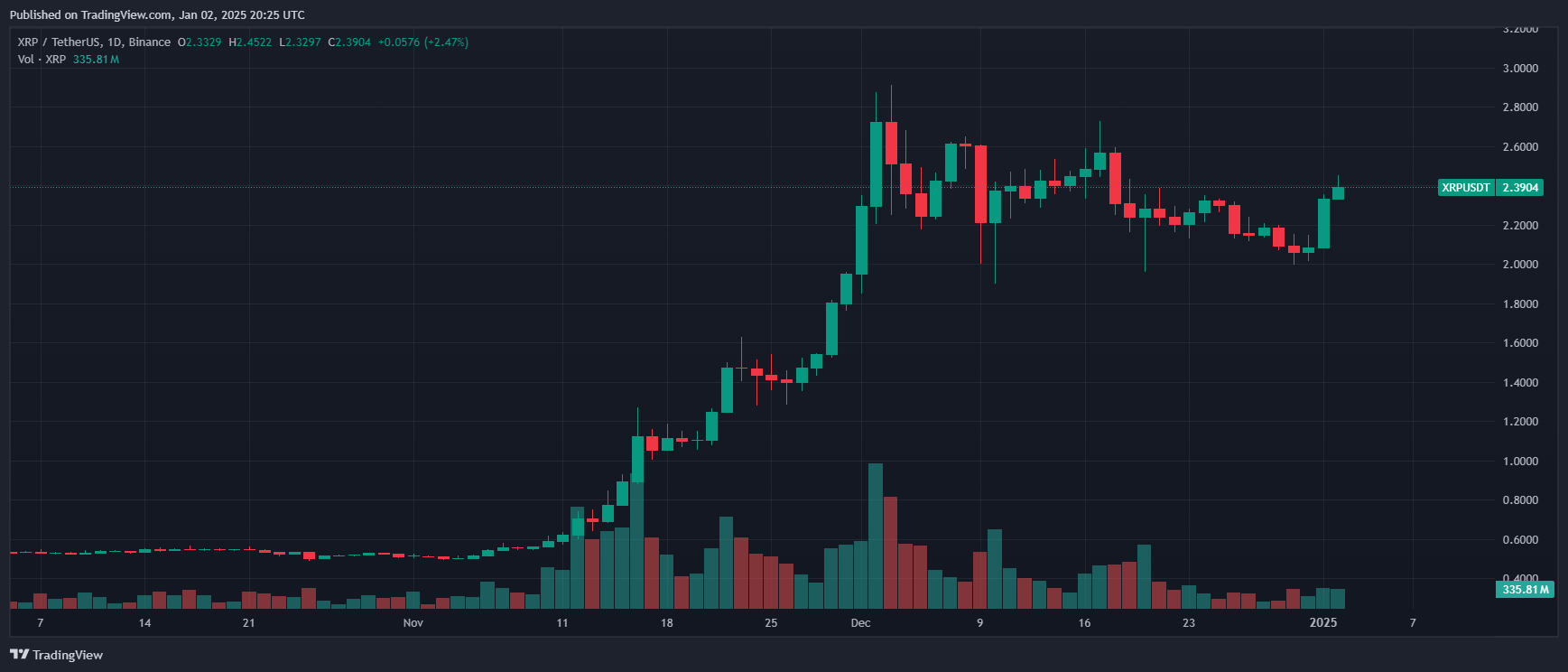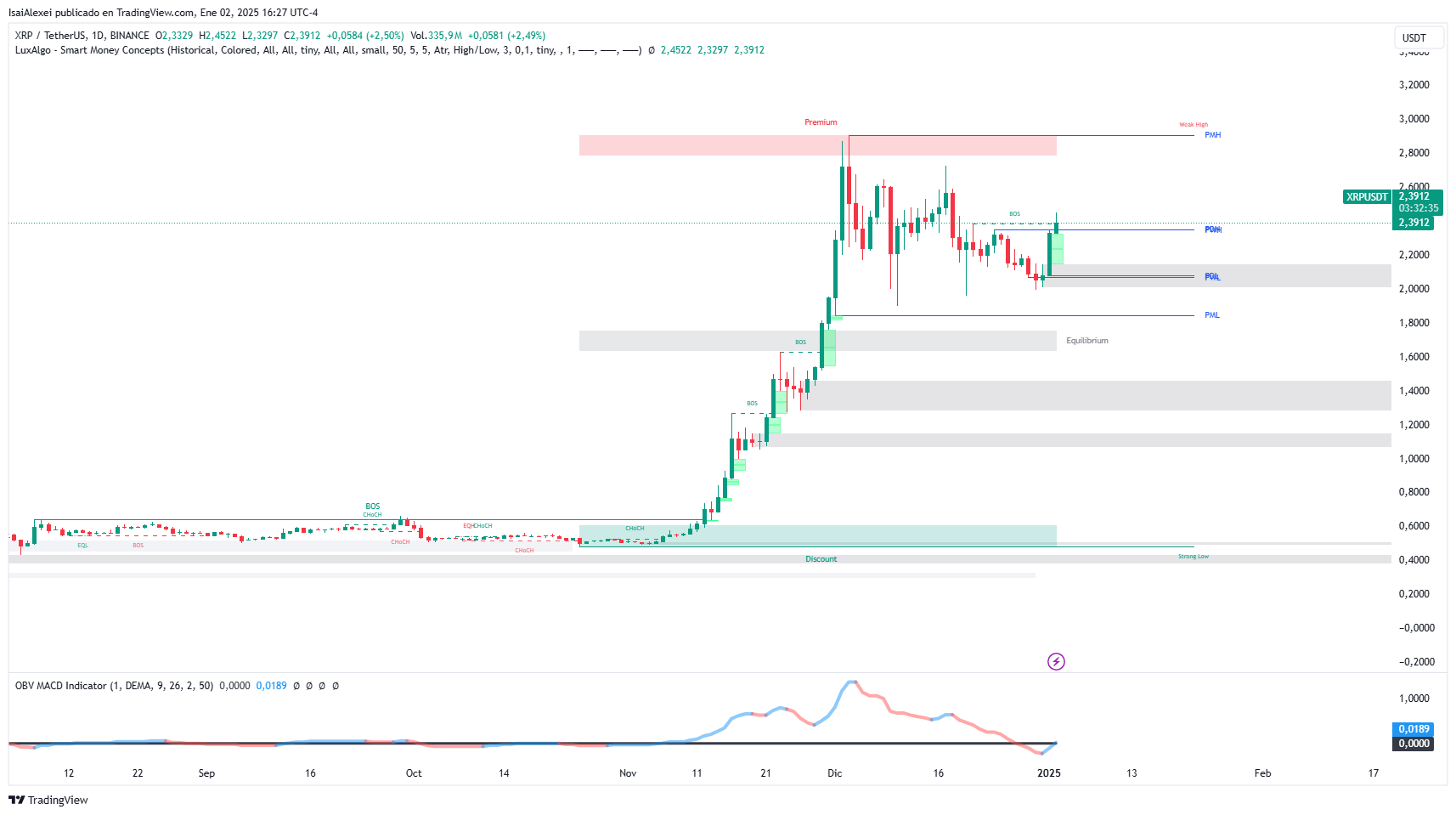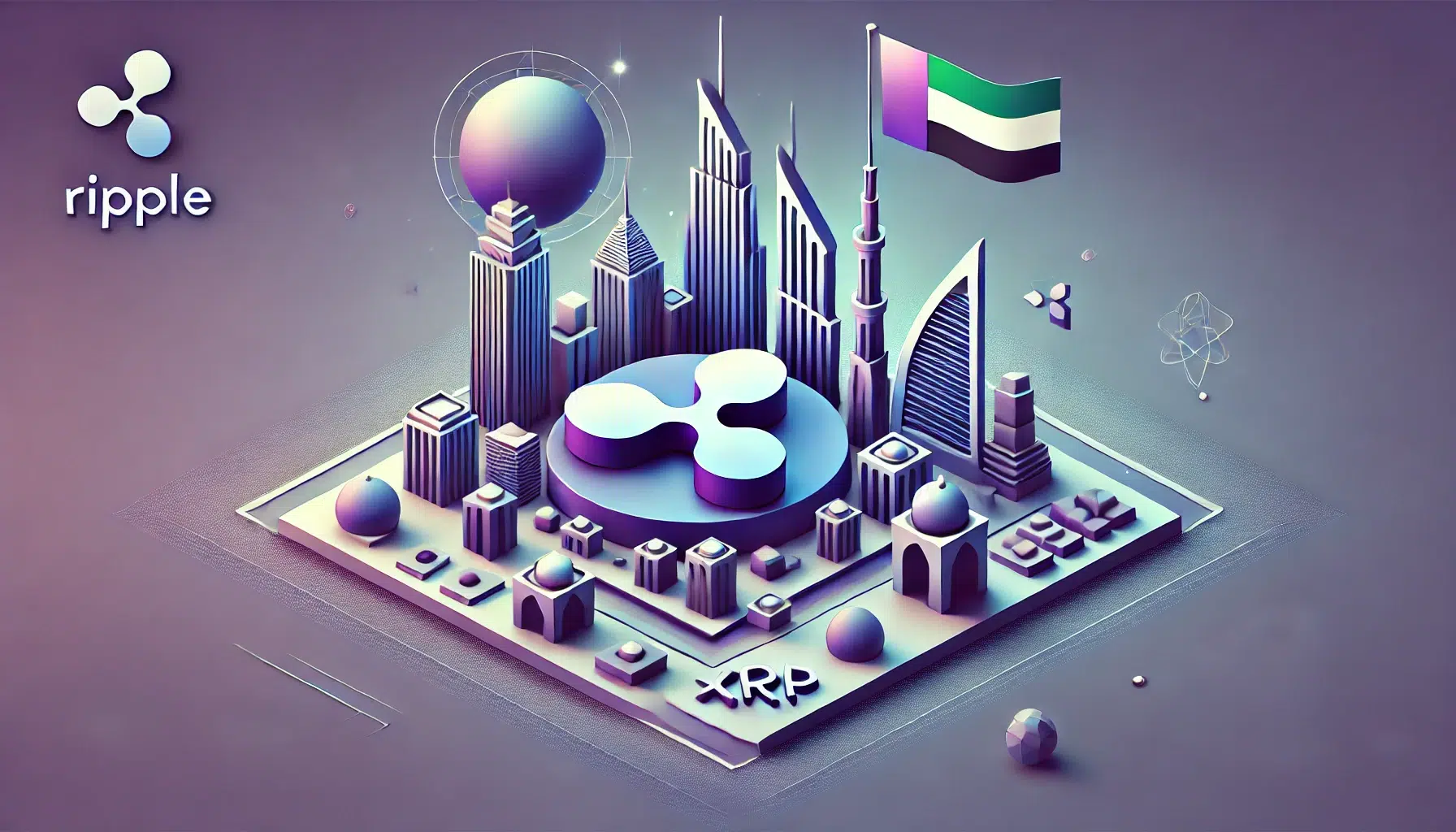 CaryptosHeadlines Media Has Launched Its Native Token CHT.
Airdrop Is Live For Everyone, Claim Instant 5000 CHT Tokens Worth Of $50 USDT.
Join the Airdrop at the official website,
CryptosHeadlinesToken.com
CaryptosHeadlines Media Has Launched Its Native Token CHT.
Airdrop Is Live For Everyone, Claim Instant 5000 CHT Tokens Worth Of $50 USDT.
Join the Airdrop at the official website,
CryptosHeadlinesToken.com
- The UAE is leading the crypto sector with stablecoin integration, progressive regulations, and government-supported blockchain projects.
- Cross-border payments in the MENA region are transforming through stablecoins, enhancing speed, cost efficiency, and financial inclusivity.
The United Arab Emirates (UAE) is positioning itself as a global frontrunner in cryptocurrency adoption and blockchain technology. According to Reece Merrick, a Ripple representative, the country’s regulatory framework and governmental support are transforming its financial crypto market.
One of the UAE’s most impactful developments is its progress with stablecoins. These cryptocurrencies, tied to fiat currencies, are increasingly integrated into the financial system to enhance transaction speed, security, and accessibility.
Looking back on a milestone year for crypto and ahead to 2025, @Ripple remains committed to advancing the digital asset ecosystem across the Middle East and Africa. Here’s what we are looking forward to in 2025.
– UAE’s Crypto Leadership
The UAE is setting the pace for crypto…— Reece Merrick (@reece_merrick) January 2, 2025
The introduction of dirham-backed stablecoins and the establishment of frameworks for foreign stablecoins are reshaping cross-border payments, drastically reducing costs and processing times.
“Looking back on a milestone year for crypto and ahead to 2025, @Ripple remains committed to advancing the digital asset ecosystem across the Middle East and Africa.” – Reece Merrick
Stablecoins are also redefining remittance systems across the Middle East and North Africa (MENA) region. These advancements are enabling faster, more efficient money transfers, strengthening financial connections between the Middle East, South Asia, and Africa.
“Stablecoins as legal tender? It’s happening in the UAE. Dirham-backed coins & frameworks for foreign stablecoins are creating a safer, faster, & more inclusive financial system.” – Reece Merrick
The United Arab Emirates (UAE) is prioritizing the security of digital assets to bolster institutional trust as cryptocurrency becomes more prominent. The nation has established regulatory frameworks that ensure the safekeeping of these assets, which is essential for broader institutional engagement and the integration of blockchain technology into established financial systems.
In the Gulf Cooperation Council (GCC) countries, the process of asset tokenization is transforming the financial landscape. This process involves converting traditional assets like bonds and sukuk into digital tokens on blockchain platforms, thereby enhancing their liquidity and accessibility.
By the year 2025, it is anticipated that blockchain technology will be widely implemented within the banking sectors of the Middle East and North Africa (MENA). Leading this transformation are the UAE, Saudi Arabia, Bahrain, and Morocco, which are actively incorporating advanced payment systems, tokenized assets, and stablecoins into their financial infrastructures.
2025 will see MEA’s banks fully embrace blockchain.” – Reece Merrick
Continuing with the Ripple reports in ETHNews, Ripple’s focus on the UAE underscores its commitment to advancing digital asset adoption, reinforcing the country’s position as a global leader in financial technology.

XRP (Ripple) is currently trading at $2.39 USD, showing a 3.74% increase over the last 24 hours and a significant 10.42% gain in the past week. Its 24-hour trading volume is $9.54 billion USD, reflecting strong market activity.
With a circulating supply of 57 billion XRP tokens, XRP has a market capitalization of $137.33 billion USD, making it the third-largest cryptocurrency.
Price Movements:
- XRP’s price has fluctuated between $2.30 USD and $2.44 USD in the past 24 hours, indicating moderate volatility.
- The current price is 29.65% below its all-time high of $3.40 USD, recorded in January 2018, showing room for growth as market sentiment improves.
Prediction:

In the short term, XRP is expected to trade within the range of $2.30 to $2.50 USD. A successful breakout above $2.50 could push the price toward $2.70 USD, while failure to hold the $2.30 support might lead to a pullback toward $2.20 USD.












